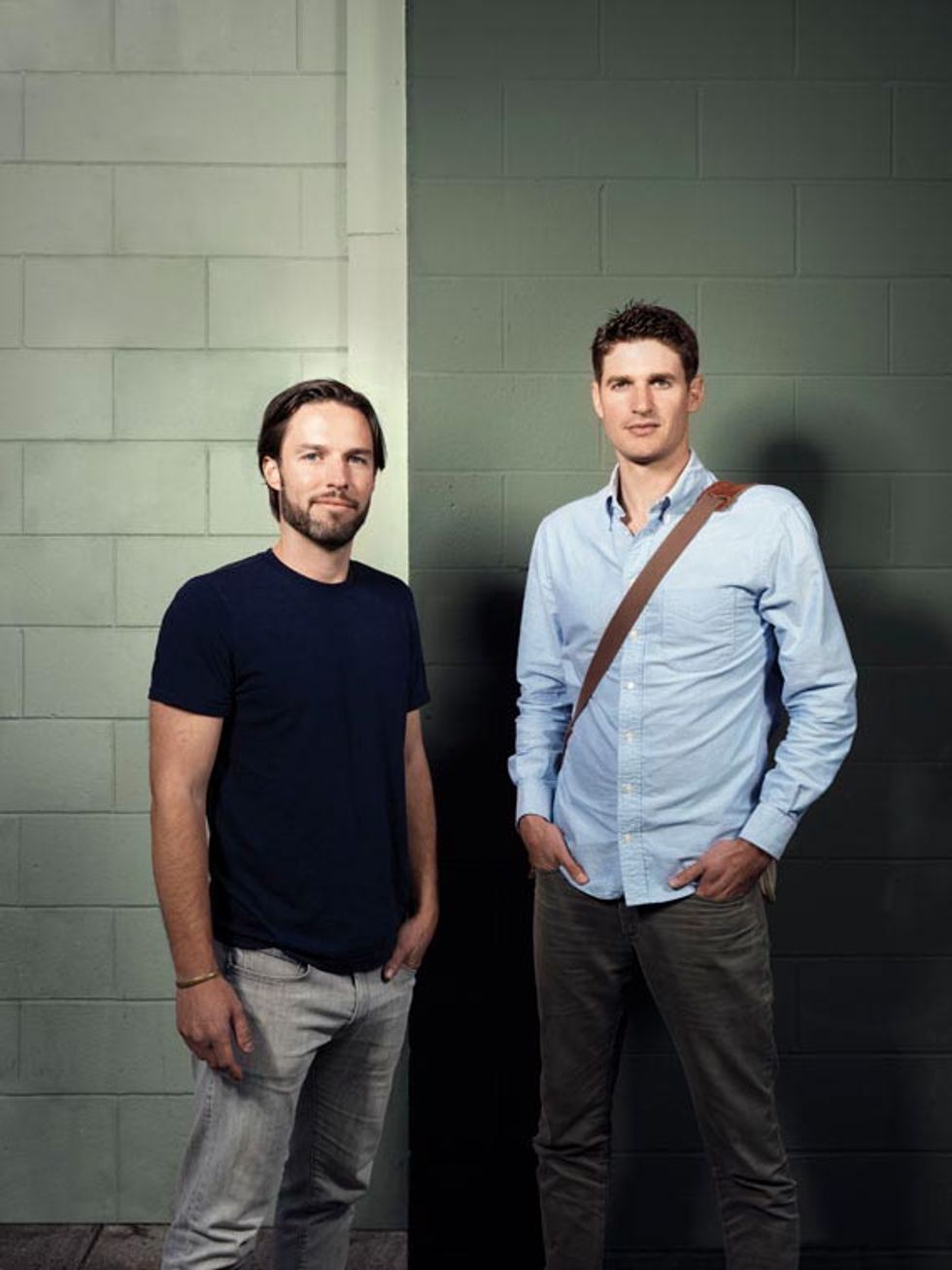Of the 42,000 Liberian refugees Eric Woods and Craig Edelman saw living in Ghana camps in 2005, nearly every one possessed a cellphone. Water and electricity were scarce, diseases like malaria and typhoid were common, and at many camps, there was just one resident doctor to tend to thousands of people who had nothing except for phone technology at their fingertips.
“Some of the refugees were buying cell minutes before eating,” says SoMa resident Woods, a bio engineer who, along with his friend Craig Edelman, was there to set up school lunch programs with the nonprofit Africa Aid. The duo’s observation triggered an idea: Could the ubiquitous cellphone help improve healthcare and conditions in the camps? Thus began the six-year road to Switchboard, a Dogpatch upstart that launched earlier this year.
Privately funded, Switchboard lets isolated doctors and nurses in Ghana and Liberia connect via free calls and texts thanks to donated SIM cards and a directory of healthcare workers in these secluded parts of Africa. Through Switchboard, anyone in the directory can more easily make referrals, consult on patient cases, and find medicine and support in an emergency more quickly.
So far, Switchboard has distributed 2,200 SIM cards in Ghana and 180 in Liberia, making more than 3 million phone calls possible between medical workers.
“If villages could raise the funds, building a health clinic would be at the top of their list. But they can’t,” says Edelman. “The free calling network and directory allow doctors to find the right colleague to speak to for as long as they like.”
In January, Switchboard will expand its services to Tanzania, where there is one doctor for every 33,000 patients. Thanks to Wood and Edelman, now 1,300 doctors and 13,000 nurses will have access to the support and medicine they need. “There are enormous constraints in low-income countries, and the phone is really a tool,” says Edelman. “We want to improve the ability of healthcare professionals to share knowledge, collaborate, and help each other.”





















